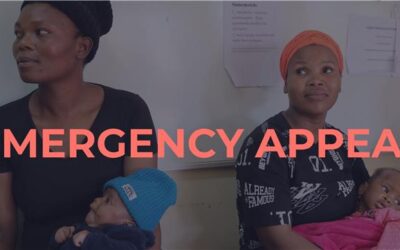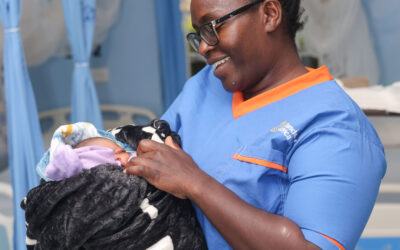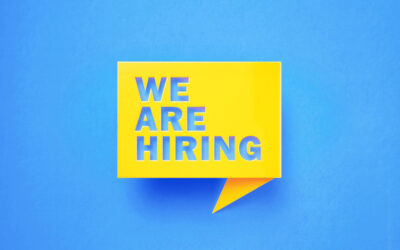September 10, 2024
It’s nearly a year since we launched Spirit Health Foundation with the purpose to make it simple for underserved communities to get the essential healthcare they need. At the heart of our approach is working with great partners to build simpler, smarter health systems that work for everyone on earth.
There’s been remarkable progress in global health, with the 59% reduction in under-5 child deaths since 1990 a notable example. But if ‘Good Health and Wellbeing for All’ is the vision, we’re a long way from the reality. As Peter Singer has written ‘The dirty little secret of Universal Health Coverage (UHC) is there has been no progress, beyond keeping up with population growth, since 2015’. In Sub-Saharan Africa (where our foundation currently operates), a number of countries have made great advances in health, yet it’s estimated less than half the population in the region get the essential health services they need – resulting in many lost lives, particularly mothers, babies, and children. Neonatal conditions remain the leading cause of death and maternal mortality is 531 per 100,000 deaths compared with 13 in High Income Countries– any death is obviously one too many.
Current health systems just don’t work for many people. If you live in underserved communities, you have to walk long distances to a basic facility, there aren’t anywhere near enough health workers (a predicted 10 million shortage by 2030, 6.1 million in Sub-Saharan Africa alone), and there just aren’t adequate resources to go around – the world is facing an annual financing gap of about $4 trillion to achieve sustainable development according to UN estimates. We won’t achieve health for all unless we build simpler, smarter health systems that actually work for everyone.
Simpler
Simpler means bringing healthcare to where people live in their communities. Community Health Workers (CHWs) are a proven approach to do this – reducing illness and deaths in their populations, whilst generating a return of up to $10 for every dollar invested in them by governments. As well as WHO’s inaugural CHW guidelines, 39 countries now have policies that support CHWs. But practically on the ground, we need to make it much simpler for CHWs to deliver the care needed. Digital health should empower CHWs to do this, but too often overwhelms them with too many digital tools. Prioritise only the key digital tool or tools needed, enabling accessible primary healthcare for communities not lots of siloed disease programmes. Keep the tool itself simple, such as short screening questionnaires and bite-sized health promotion videos.
We want to help achieve this through our work using the Clinitouch platform, which is customisable for screening or monitoring any disease and super simple to use by any CHW, such as our new Community Heath Service with Unjani Clinics in South Africa through which Unjani Clinics community teams screen and refer for a range of priority health conditions in low-income communities. We also want to help by not duplicating efforts, so won’t get involved in initiatives if the existing CHW digital health tools are already delivering what’s needed in the populations. There’s too much to do in global health for organisations to double up – we want to amplify impact not duplicate!
Simpler also means community health services are joined up – ensuring CHW’s tools integrate together AND with the rest of the health system. This is a big current problem, resulting in fragmented services, disconnected data, and poor care – interoperability can be hard, but must be a priority. FHIR® (Fast Healthcare Interoperability Resources) has become the common standard, enabling information to be exchanged much more easily between different systems developed based on FHIR®. For example, if a Community Health Worker doing screening on a mobile captures patient data in a remote community, it can be securely shared into facility health information systems and vice-versa – enabling the right information and right care wherever it’s needed. Interoperability is not just about the tech, it’s about mobilising the people using it, ensuring the right training and standard operating procedures so overworked healthcare providers utilise the data to take action.
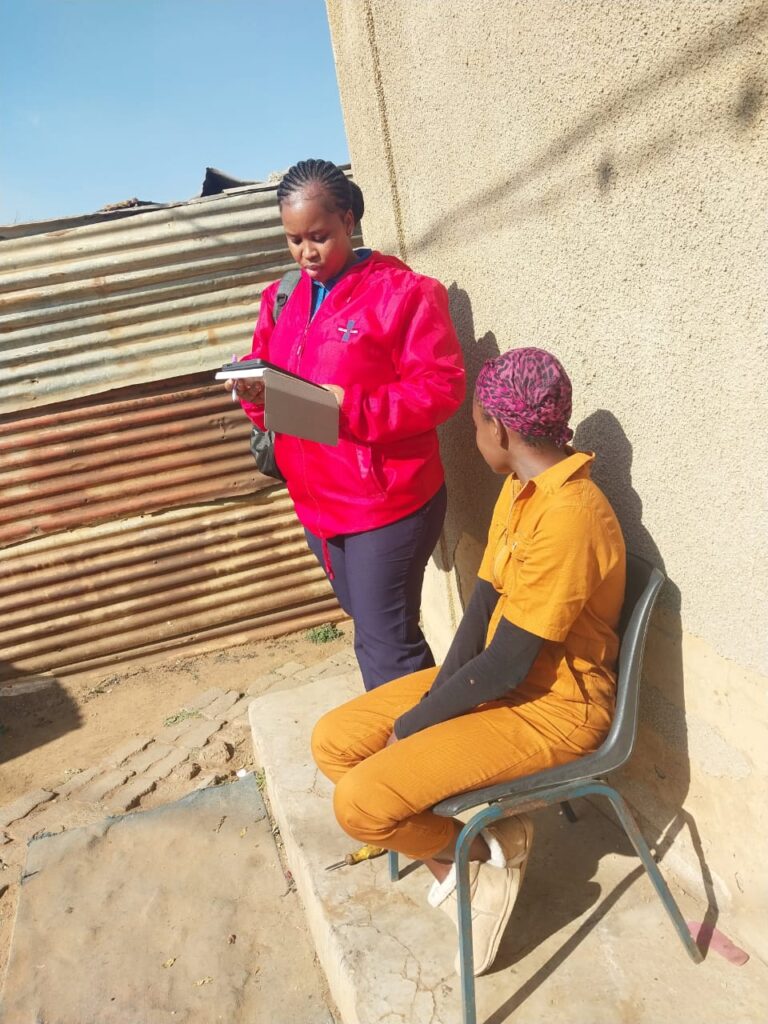
Smarter
But simplicity alone is not enough, we also must make healthcare smarter. The good news (as you may have noticed) is we’re experiencing a technological revolution to fuel this with digital health a priority now for governments. Over 40 African countries have developed national digital health strategies and the Africa CDCreleased its own last year to support its member countries. The next priority is translating strategies into practical implementation, harnessing the exciting new technologies into accessible, affordable health systems on the ground.
As Mustafa Suleyman has said ‘Technology is a tool for amplification – anything that enhances, strengthens and augments the capabilities of humans is technology’. This amplification is at the heart of what we do with our in-country partners. For example, through our partnership with Elizabeth Glaser Pediatric AIDS Foundation and the Ministry of Health in Eswatini, Community Health Workers are being equipped with the Clinitouch platform to provide antenatal and postnatal care monitoring on their mobile phones, with the smart algorithms generating a risk score so staff at connected facilities can remotely take action to prevent issues or complications getting worse. Currently less than 10% of women in Eswatini receive the recommended eight antenatal contacts, this smart solution with Elizabeth Glaser Pediatric AIDS Foundation helps address this problem.
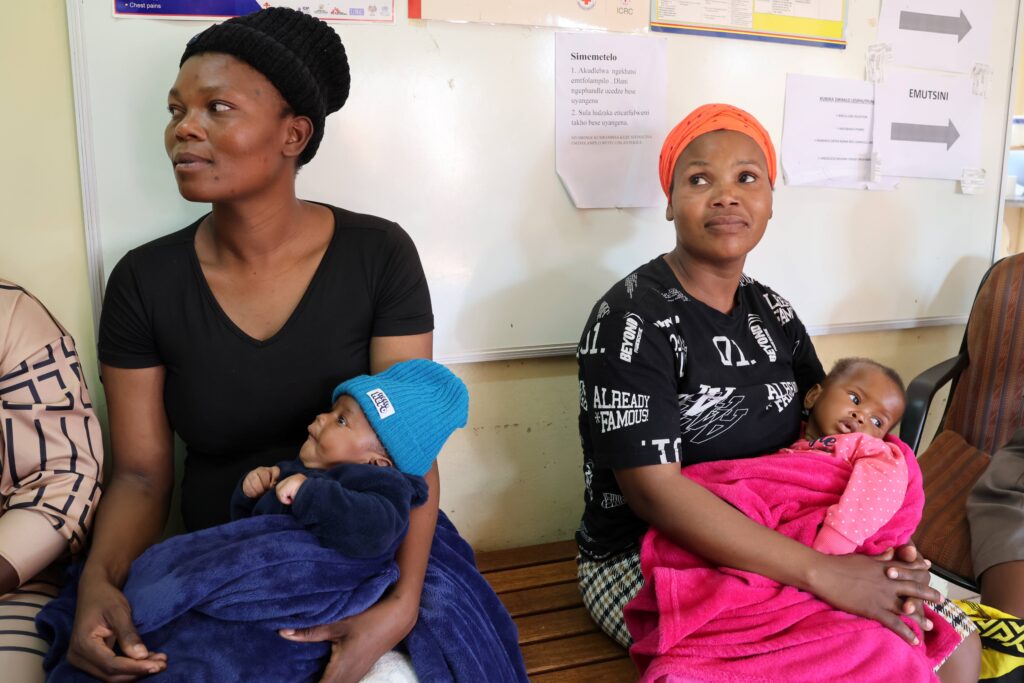
Artificial Intelligence (AI) including rule-based systems, expert systems, natural language processing and machine learning, presents a huge opportunity to build smarter health systems for all, but only if applied in the right way. AI tools can help solve health workforce shortages, information overload and manage the rising burden of Non-Communicable Diseases. There are great examples of AI health applications in low-resource settings from diagnosis such as MedSol AI Solutions in breast cancer to infectious disease surveillance systems such as BlueDot. Last year, the Bill & Melinda Gates Foundationselected 50 global health and development solutions using AI-enabled large language models (LLMs) for support and funding, such as Awaaz-e-Sehat’s AI assistant helping maternal health workers create electronic medical records in Pakistan.
However we must be equally (if not more) smart about how the growing number of AI applications are applied within health systems. Starting with the communities and using only AI applications that address real needs across the patient journey. Ensuring these applications are based on reliable and representative data sets reflecting the populations they’re being used in – not making existing inequities worse. And supported by the right regulatory frameworks and institutions to ensure AI is always used in only ethical and safe ways.
Smarter health systems will only be built hand in hand with smarter data. Not just collecting information from multiple sources across health systems, but translating this information into actionable insights to deliver care where it’s needed most. With maternal and newborn health a major problem in Sub-Saharan Africa, this study harnessed data collection from around 140,000 women of childbearing age in 26 countries in the region. The result was a predictive model that can identify high-risk groups, based on key risk factors include home deliveries, lack of prenatal iron supplementation, and geographic location. We need to build the right data capabilities, teams and processes into health systems, so models like this can be designed and deployed on an ongoing basis – not just for specific studies.
Bolder, faster action is needed
Everyone should be able to get the healthcare they need to protect themselves and their families – many still can’t in 2024. Whilst recognising the challenge, this should be a time for optimism. New technologies should enable us to deliver health for more people than ever before, and there is much more to come over the next 5 years. It’s now for us to work together to bring all these new solutions together to build the simpler, smarter health systems that work for everyone on earth – and we must be much bolder and act faster to make this happen.
For further information on Spirit Health Foundation or to explore partnering with us, please get in touch hello@spirithealthfoundation.org.
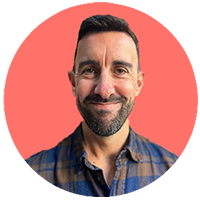
Rich Bryson, CEO of Spirit Health Foundation
